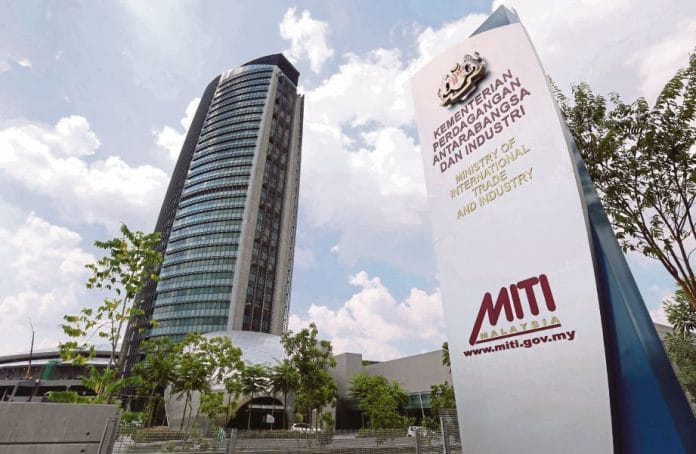The Ministry of Investment, Trade, and Industry (MITI) is facing hurdles in encouraging local companies to maximise the utilisation of the Comprehensive and Progressive Agreement for Trans-Pacific Partnership (CPTPP) and the Regional Comprehensive Economic Partnership (RCEP), despite these agreements being in effect since 2022.
Responding to a query from Senator Tan Sri Low Kian Chuan on the challenges and the percentage of RCEP and CPTPP utilisation, MITI explained that some local companies are taking time to comprehend the import duty reduction schedules of member countries.
Additionally, they are in the process of identifying products that would reap the most benefits from duty reductions under CPTPP and RCEP.
“Local companies are still relying on older free trade agreements (FTA) that are currently in force, such as the ASEAN Trade in Goods Agreement (ATIGA), ASEAN-China Free Trade Agreement (ACFTA), and ASEAN-Japan Free Trade Agreement (AJCEP), which offer the same or lower duty rates,” remarked MITI.
To heighten awareness of opportunities and benefits under both FTAs, MITI is actively conducting engagement sessions with the industry.
The focus is on communicating the advantages of CPTPP and RCEP for markets in countries where Malaysia does not have bilateral or regional FTAs with ASEAN.
“In 2023 alone, MITI has organized more than 20 engagement sessions with various industry stakeholders, including business councils and industrial associations,” they added.
Furthermore, the Malaysia External Trade Development Corporation (MATRADE) is devising strategies to enhance exports to CPTPP and RCEP markets and countries establishing FTAs with Malaysia for the first time, such as Canada, Mexico, and Peru.
This includes Malaysian export products with lower tariffs, encompassing palm oil products, rubber products, wood products (including plywood), electrical and electronic goods (E&E), automotive products, and others.
MATRADE is also playing a pivotal role in connecting quality foreign buyers from CPTPP and RCEP member countries with local companies through international trade exhibitions held in Malaysia, such as Oil & Gas Asia (OGA), Malaysia International Halal Showcase (MIHAS), Defence Services Asia (DSA), and the International Greentech & Eco Products Exhibition & Conference Malaysia (IGEM).
Regarding the assessment of CPTPP and RCEP benefits, the government relies on the issuance of Certificates of Origin (CO) to Malaysian producers.
This enables Malaysian producers to receive preferential treatment through lower or duty-free import tariffs in CPTPP and RCEP partner markets.
For CPTPP, a total of 5,224 Certificates of Origin with a value of RM1.91 billion have been issued from March 18, 2022, to November 30, 2023. Meanwhile, RCEP has seen the issuance of 2,624 COs with a value of RM897.99 million, according to MITI, reported Bernama.









